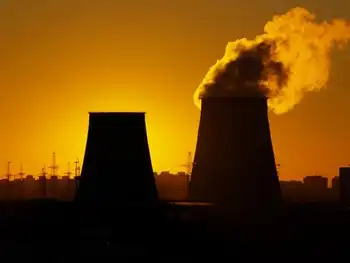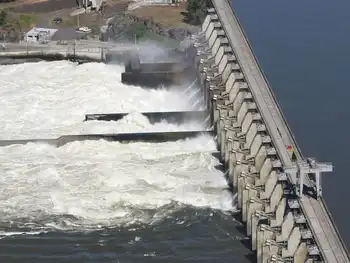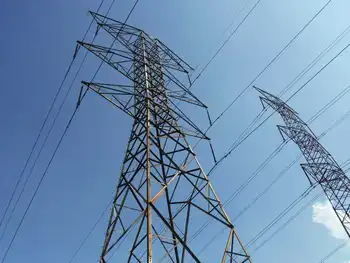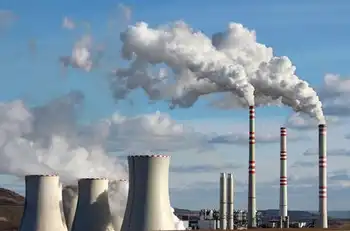Tajik capital, outskirts face power blackout
DUSHANBE, TAJIKISTAN - Strict restrictions on electricity supplies have again been imposed in Tajikistan.
Asia-Plus has learnt at the Tajik Ministry of Energy and Industry that the restrictions were imposed in connection with the forthcoming ceremony to block the River Vakhsh at the construction site of the Sangtuda-1 hydroelectric power station on December 15.
On that day, the power supply will be completely stopped in Tajikistan. According to information from Tajik power engineers, the power blackout will last for two days, until the evening of December 17. The restrictions will also affect the capital (Dushanbe).
Asia-Plus has learnt from the Dushanbe city administration that the supply of electricity will be suspended to residential areas on the city's outskirts, except for the city centre where vital facilities are situated, in accordance with a timetable between 2300 and 0500 (local time; 1800-2200 gmt) from December 12-20.
The city administration has given an assurance that the power supply to the residential areas will be cut off temporarily in the daytime. The source said that in this connection, the city mayor, Mahmadsaid Ubaydulloyev, had tasked Dushanbegaz (Dushanbe gas supply company) with increasing the supply of natural gas to the capital's inhabitants and to social facilities during these days.
According to specialists from the Ministry of Energy and Industry, the Norak hydroelectricity power station will reduce its electricity generating capacity by 50 per cent during the days when the river is blocked, and it will gradually increase it only after 20 December.
"All the details have been calculated and the builders of Sangtuda have to complete all the work within two days," the source added.
"Currently, the electricity generation across the country amounts to 41.575m kWh, of which 29m kWh (69 per cent) is generated by the Norak power station. We rely on the Dushanbe heating plant (for electricity supplies), which generates about 3m kWh (electricity) a day," a source at the Barq-i Tojik (Tajik electricity joint-stock company) said.
Related News

Current Model For Storing Nuclear Waste Is Incomplete
COLUMBUS - The materials the United States and other countries plan to use to store high-level nuclear waste will likely degrade faster than anyone previously knew because of the way those materials interact, new research shows.
The findings, published today in the journal Nature Materials (https://www.nature.com/articles/s41563-019-0579-x), show that corrosion of nuclear waste storage materials accelerates because of changes in the chemistry of the nuclear waste solution, and because of the way the materials interact with one another.
"This indicates that the current models may not be sufficient to keep this waste safely stored," said Xiaolei Guo, lead author of the study and…




